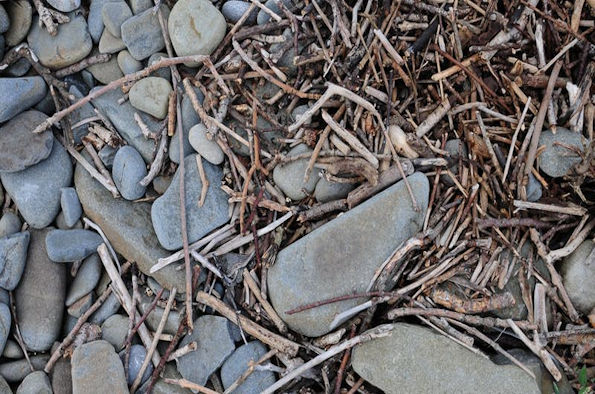
Lunchtime Lecture Series - Cracked it! Tool Use and the Field of Primate Archaeology by Kristian Boote
- 0151 794 2348
- Victoria Gallery & Museum
- Admission: Free for all, booking is required.
- Book now
Add this event to my calendar
Click on "Create a calendar file" and your browser will download a .ics file for this event.
Microsoft Outlook: Download the file, double-click it to open it in Outlook, then click on "Save & Close" to save it to your calendar. If that doesn't work go into Outlook, click on the File tab, then on Open & Export, then Open Calendar. Select your .ics file then click on "Save & Close".
Google Calendar: download the file, then go into your calendar. On the left where it says "Other calendars" click on the arrow icon and then click on Import calendar. Click on Browse and select the .ics file, then click on Import.
Apple Calendar: The file may open automatically with an option to save it to your calendar. If not, download the file, then you can either drag it to Calendar or import the file by going to File >Import > Import and choosing the .ics file.
Which pebble works best to crack open a nut? Which stick can pick up the most termites? This session by PhD student Kristian Boote will explore the emerging evidence for extensive tool manufacture, use and culture amongst our closest living relatives, and how they can help us understand our own evolutionary history.
